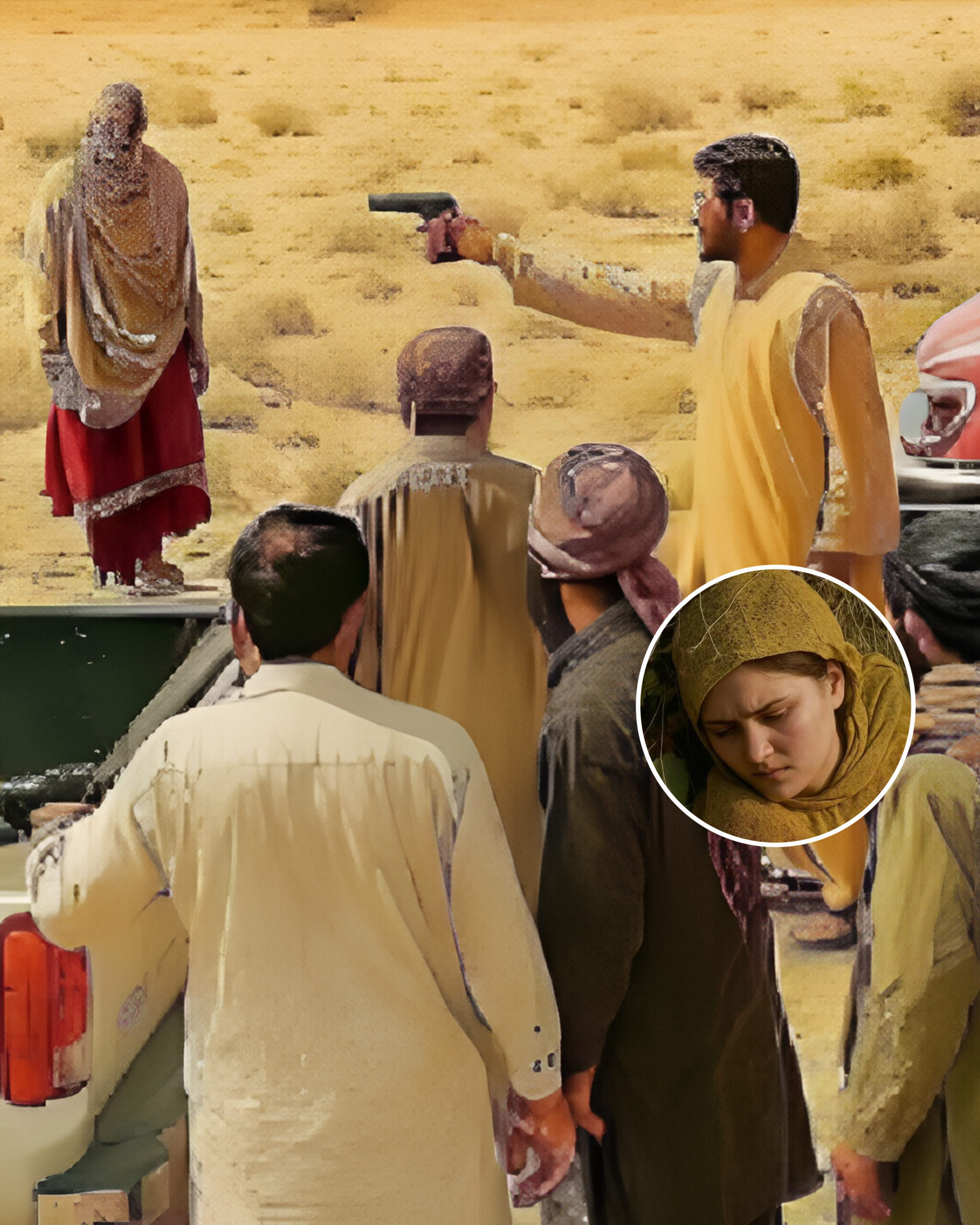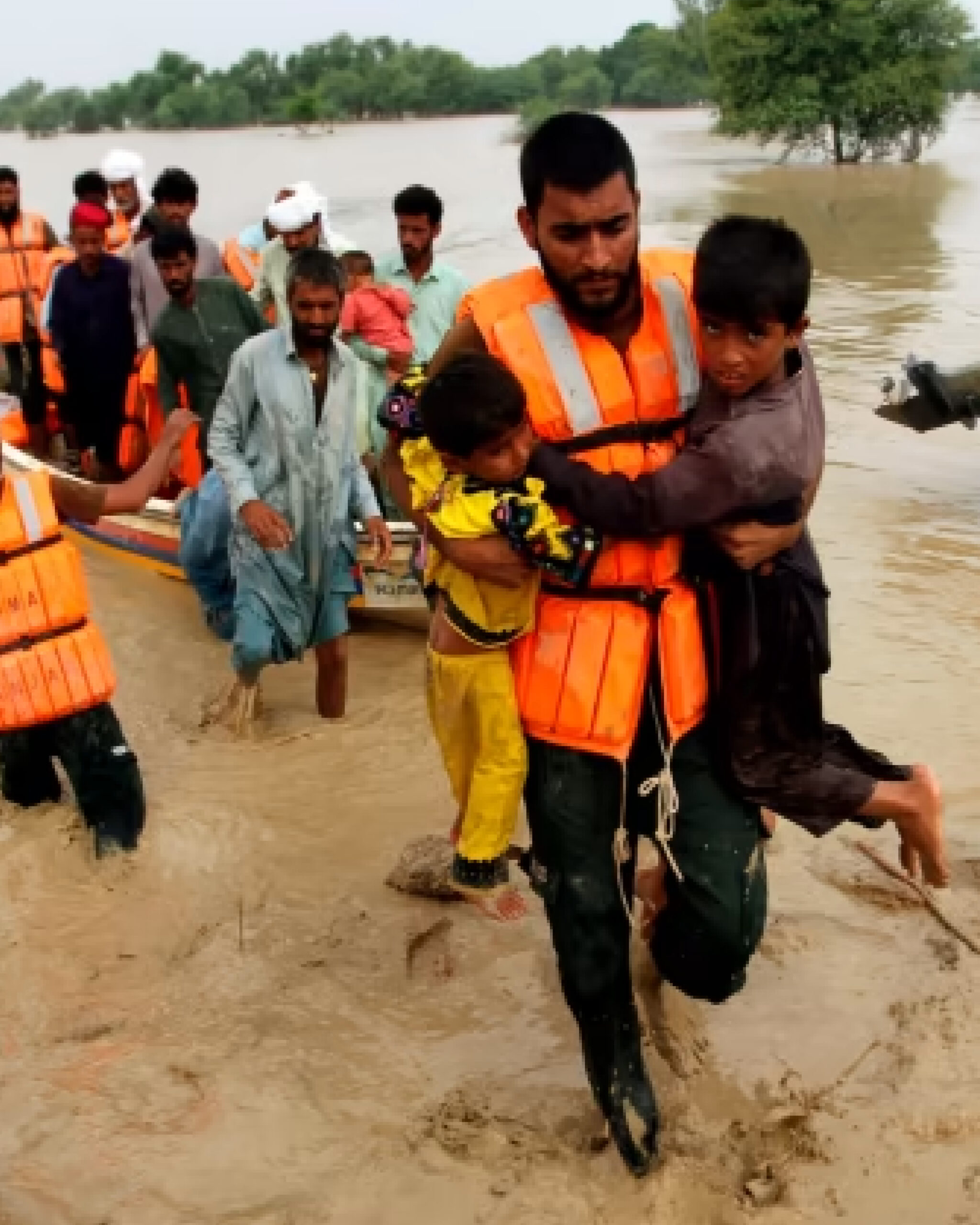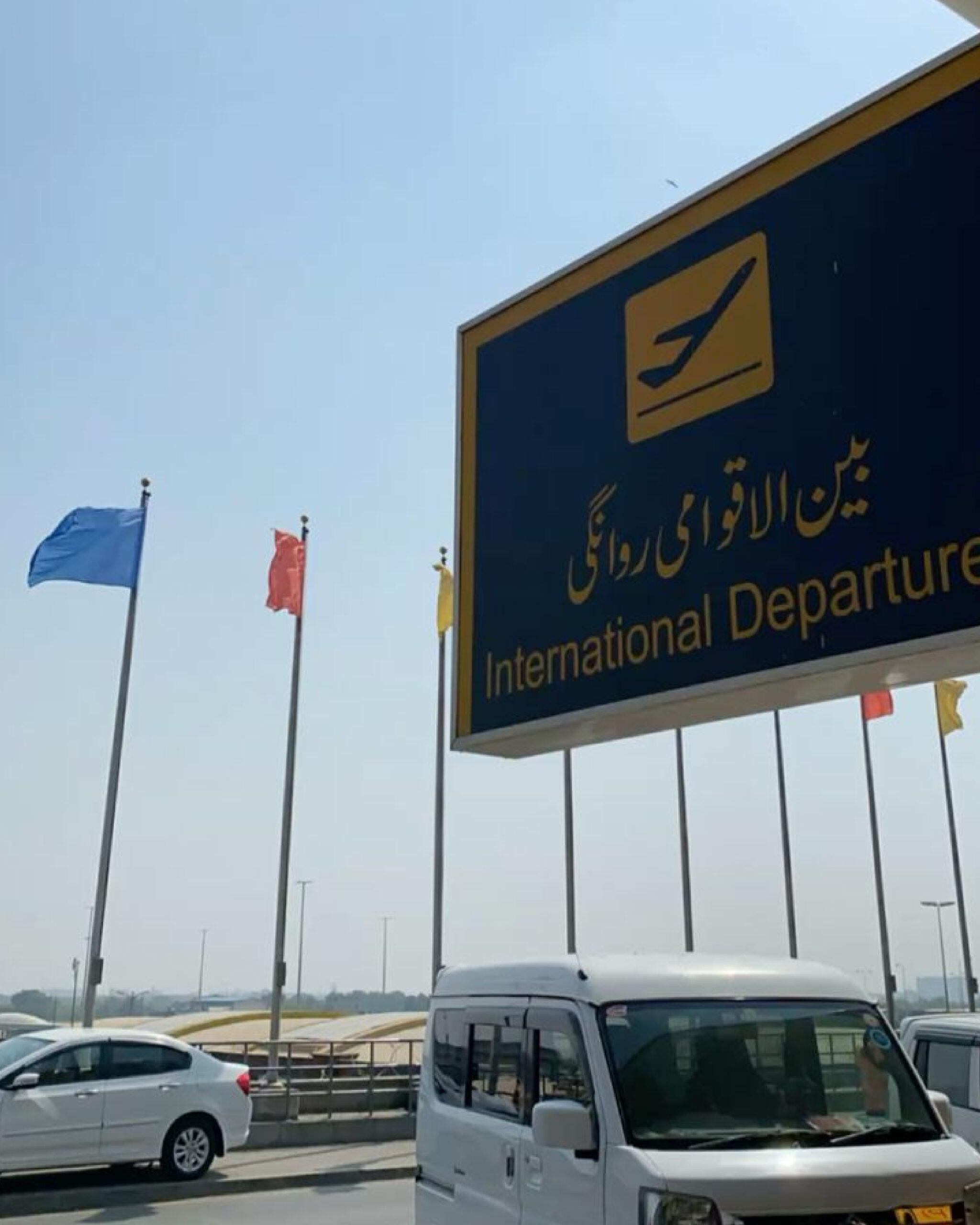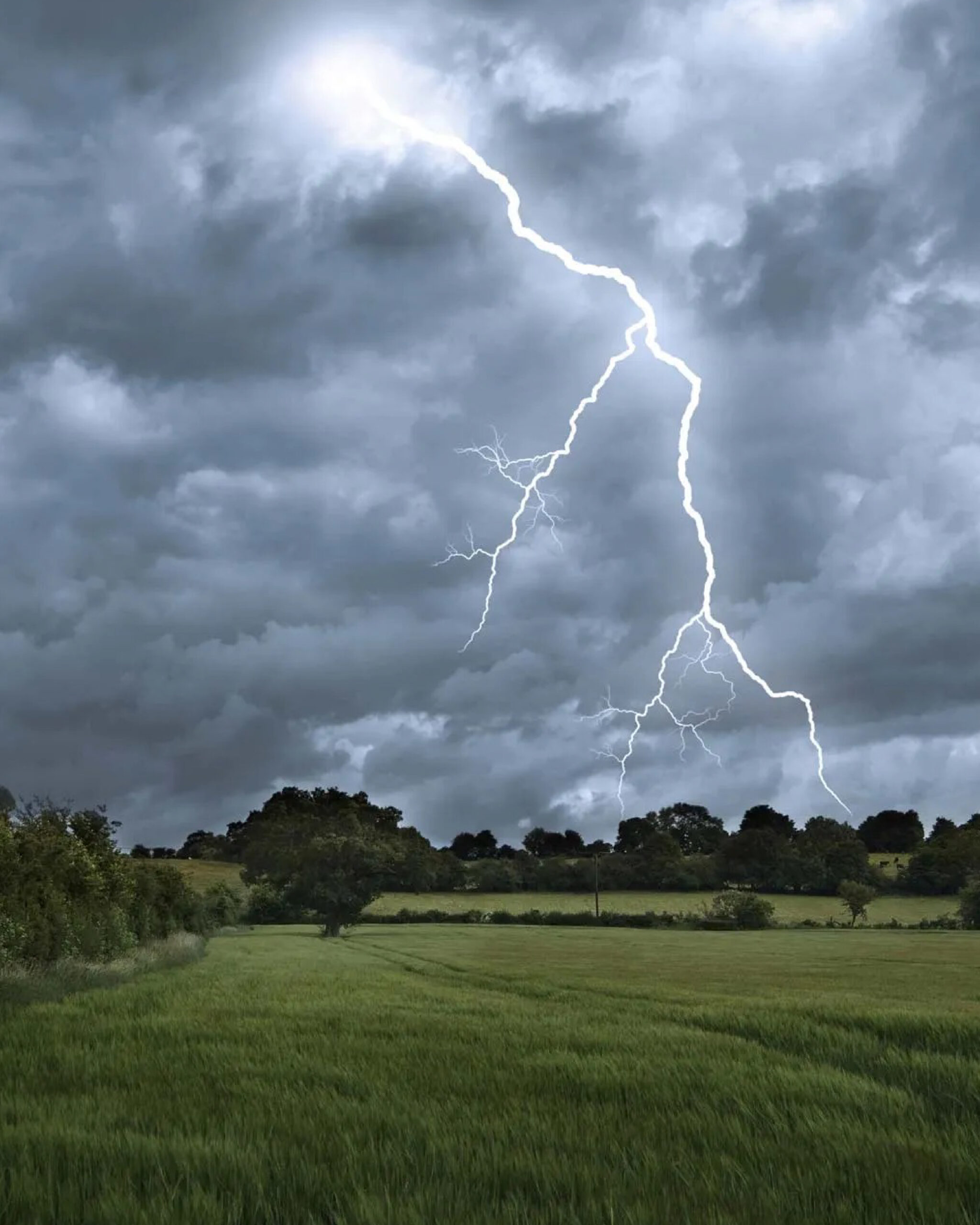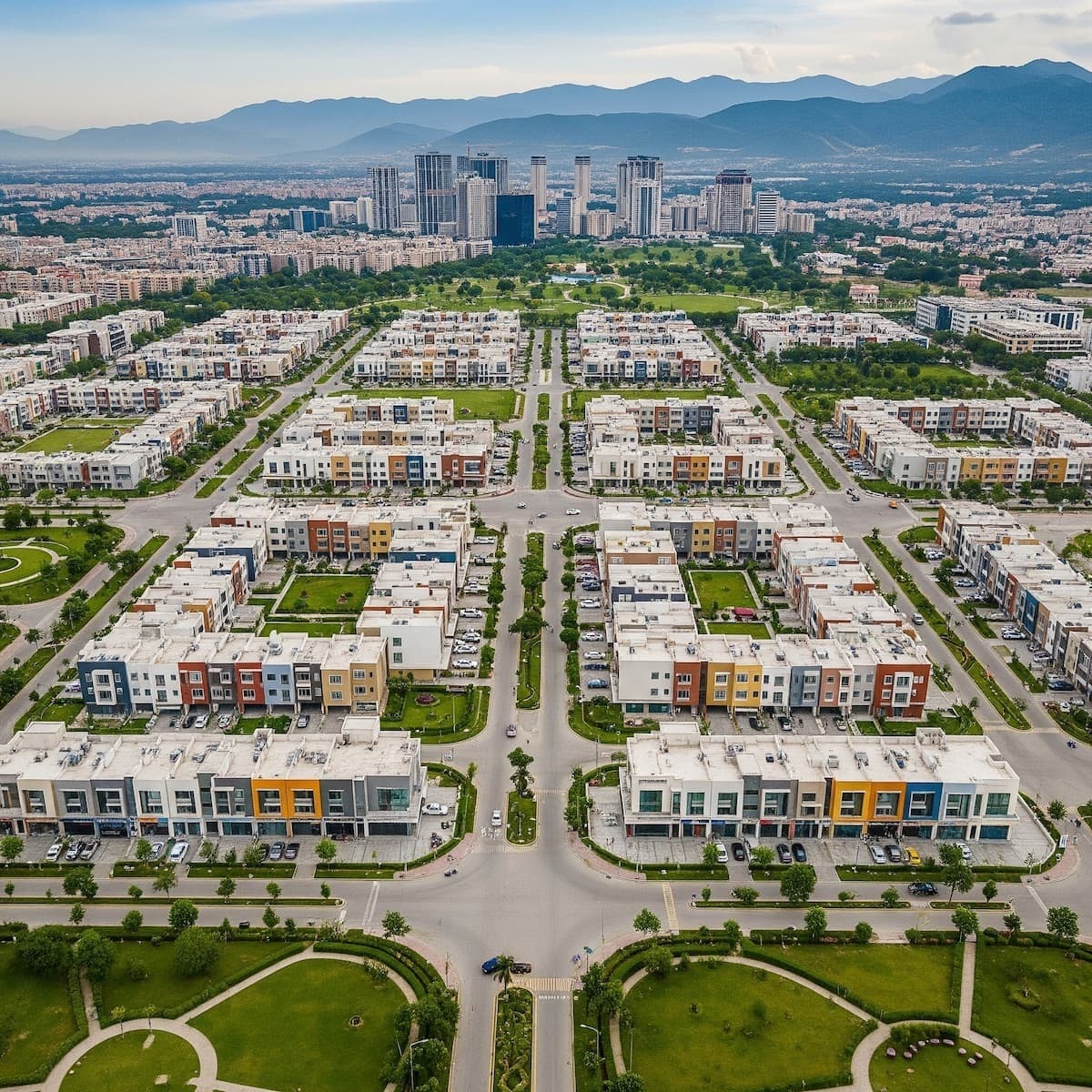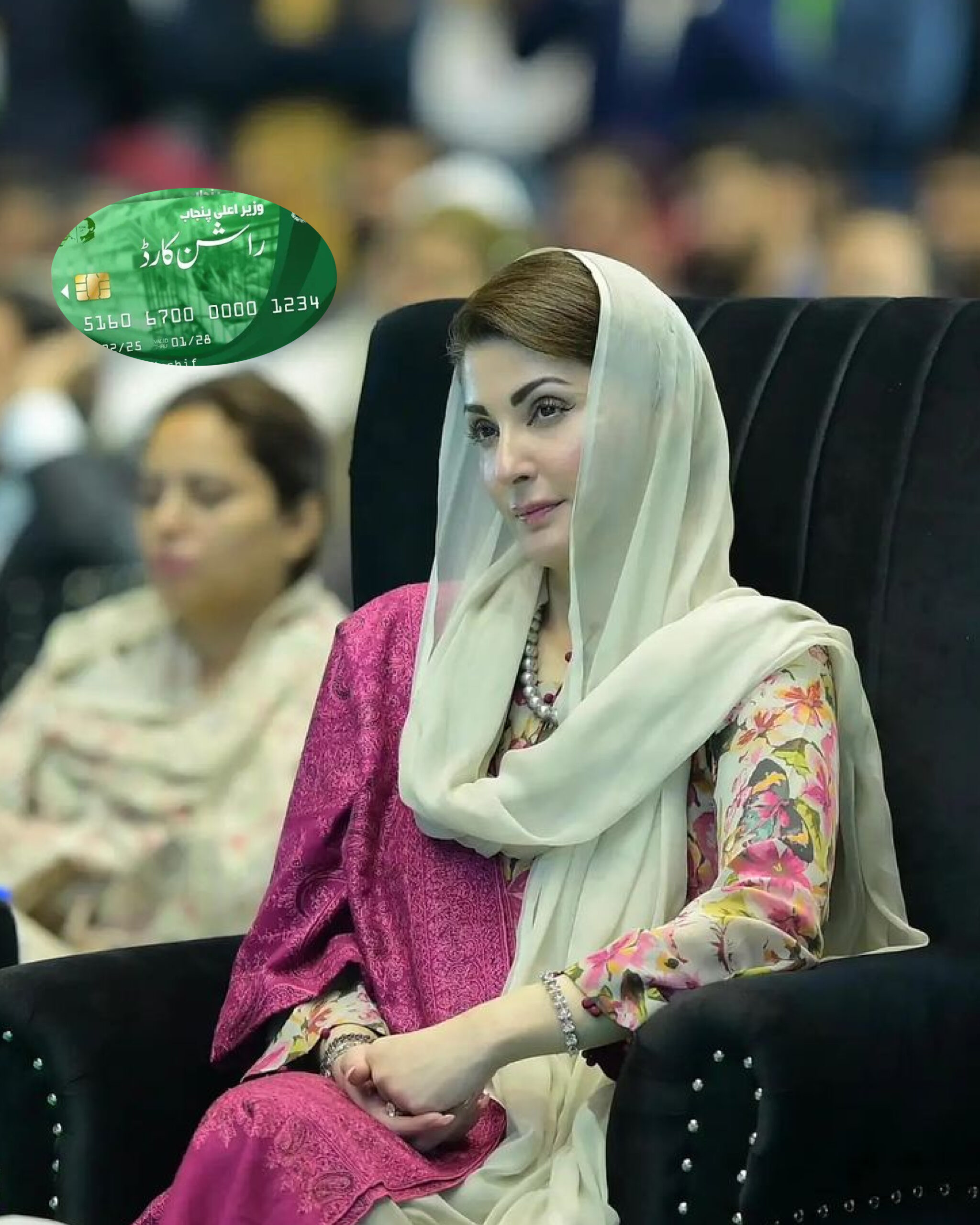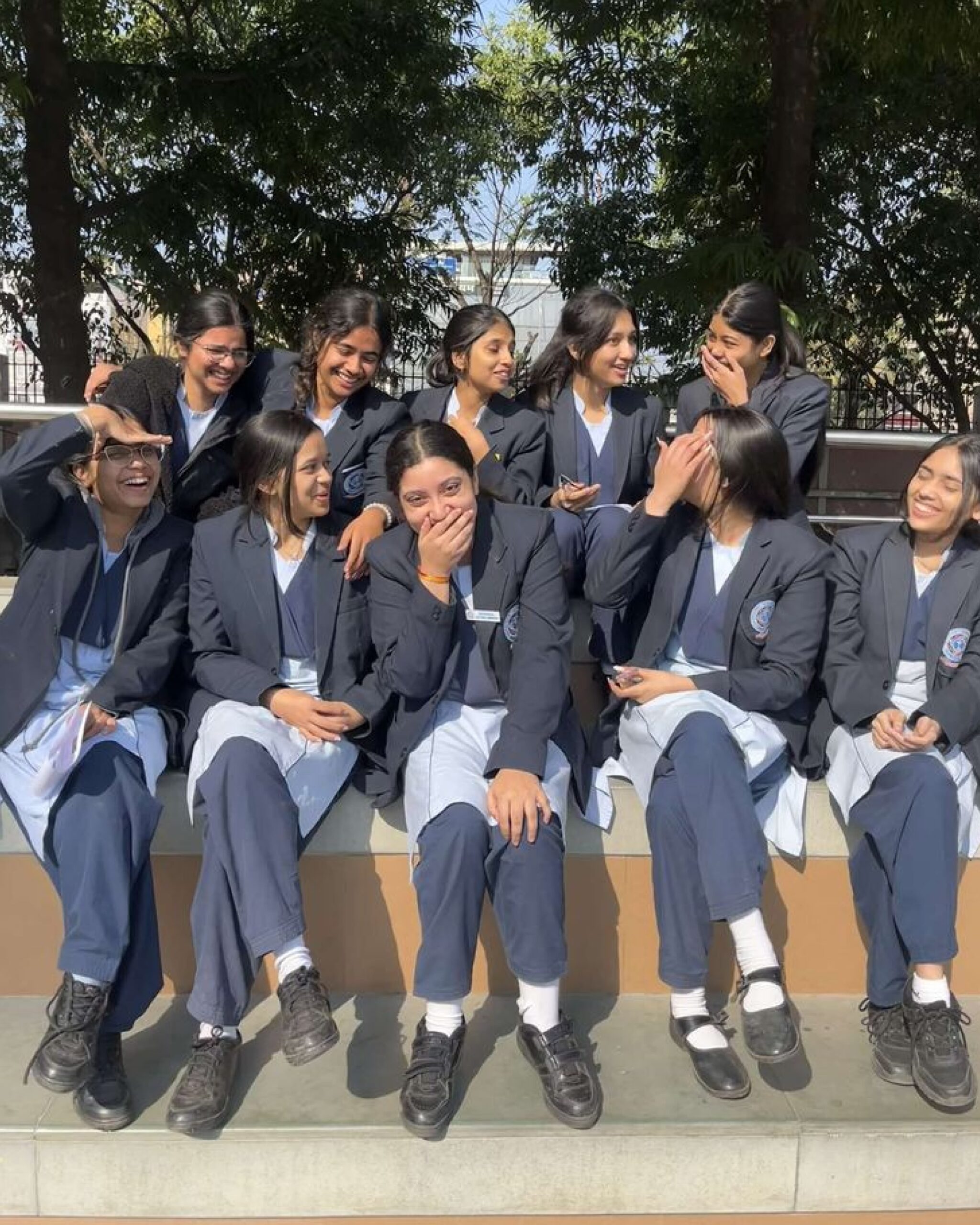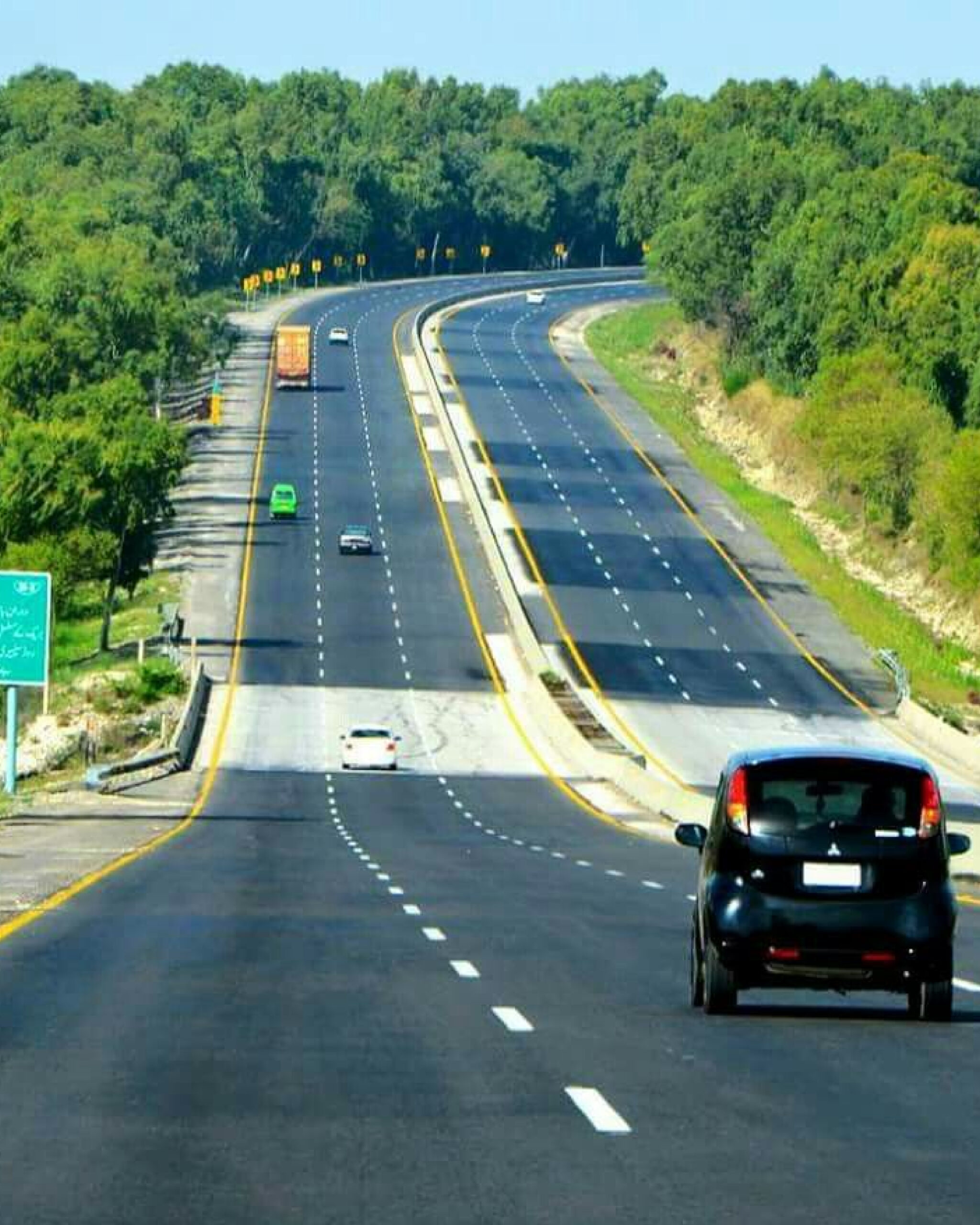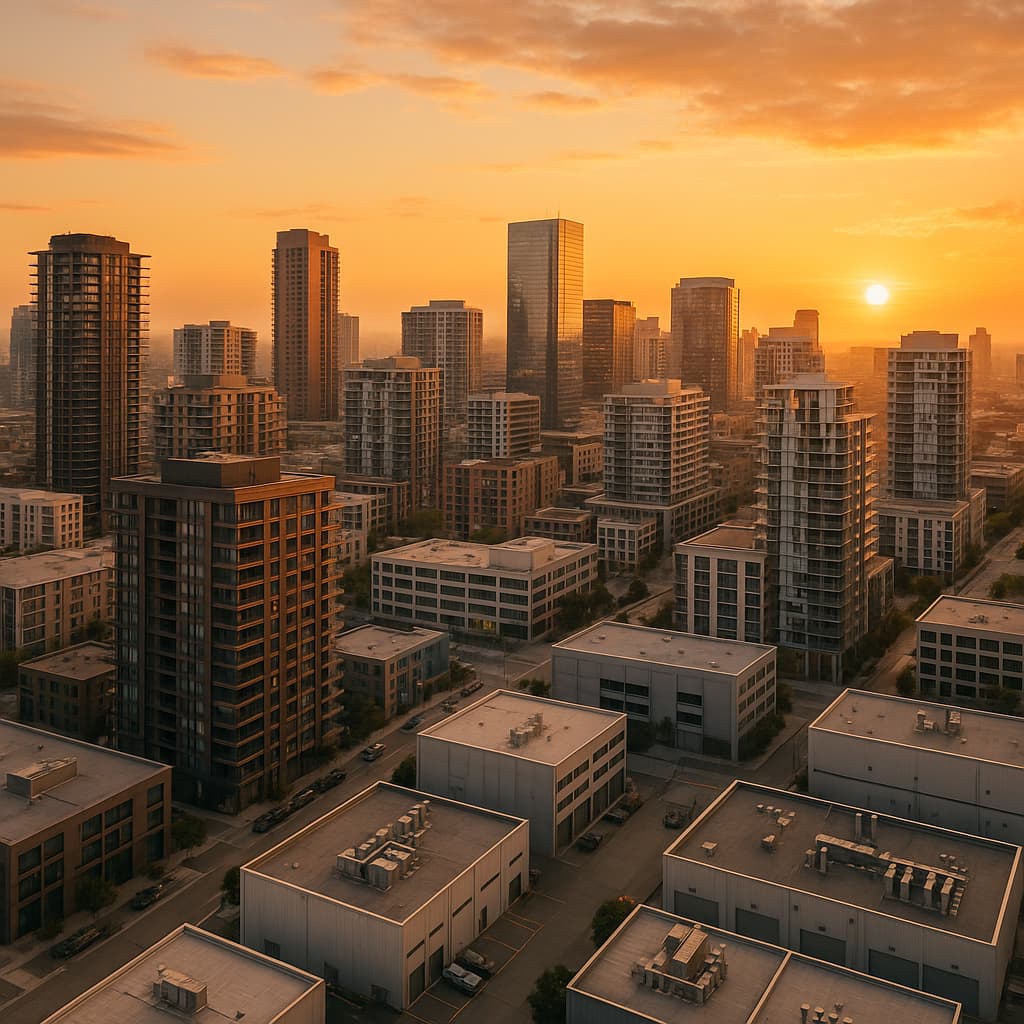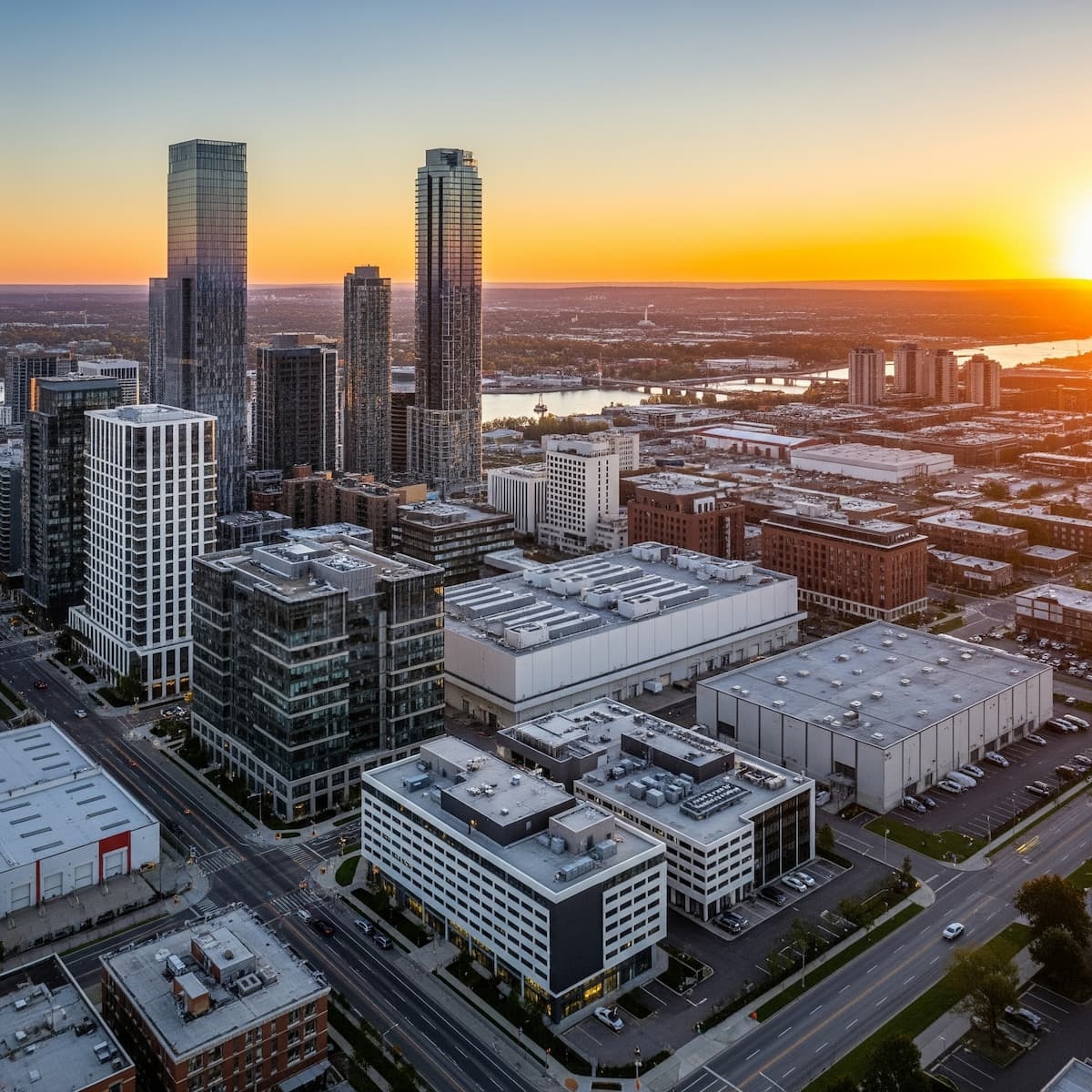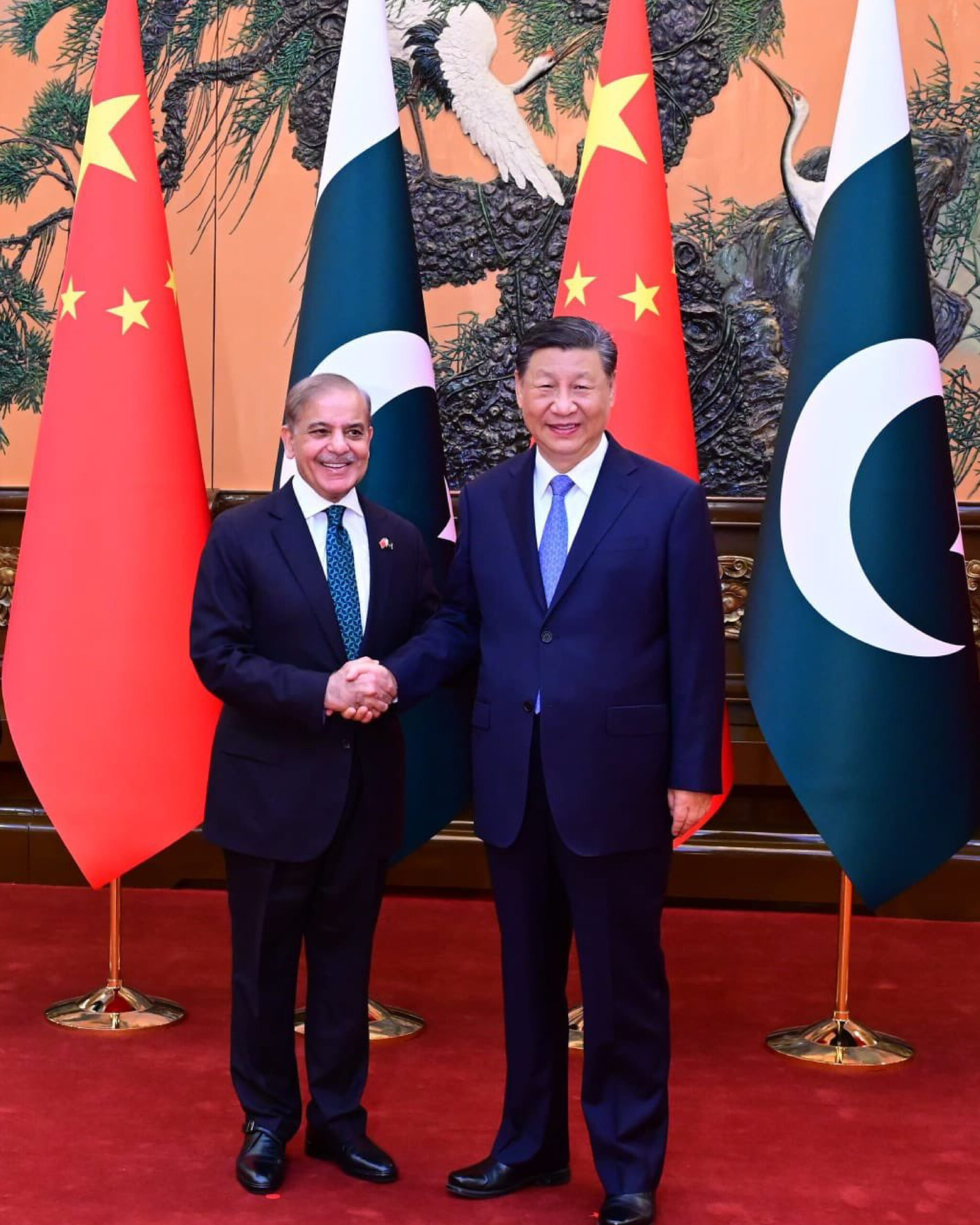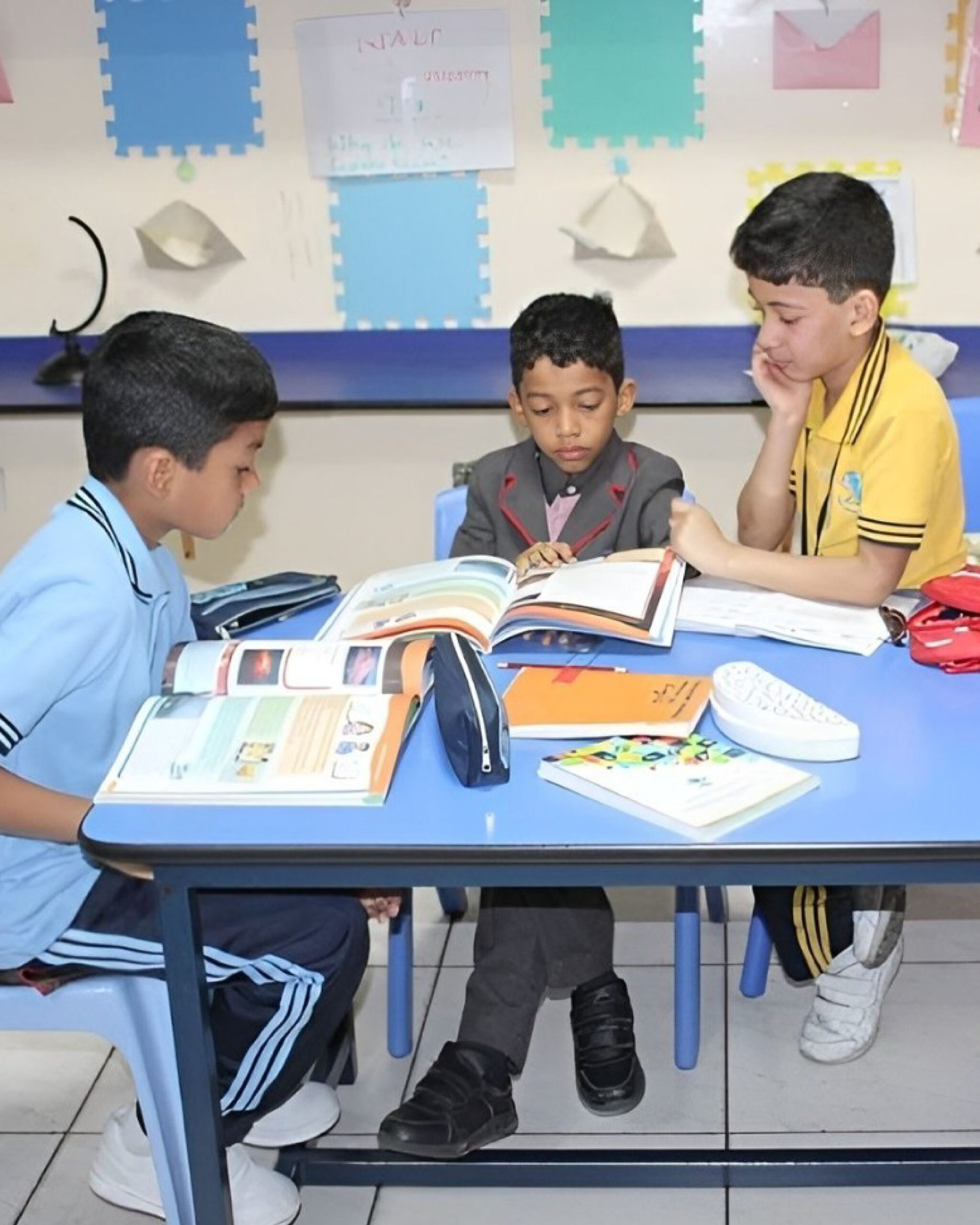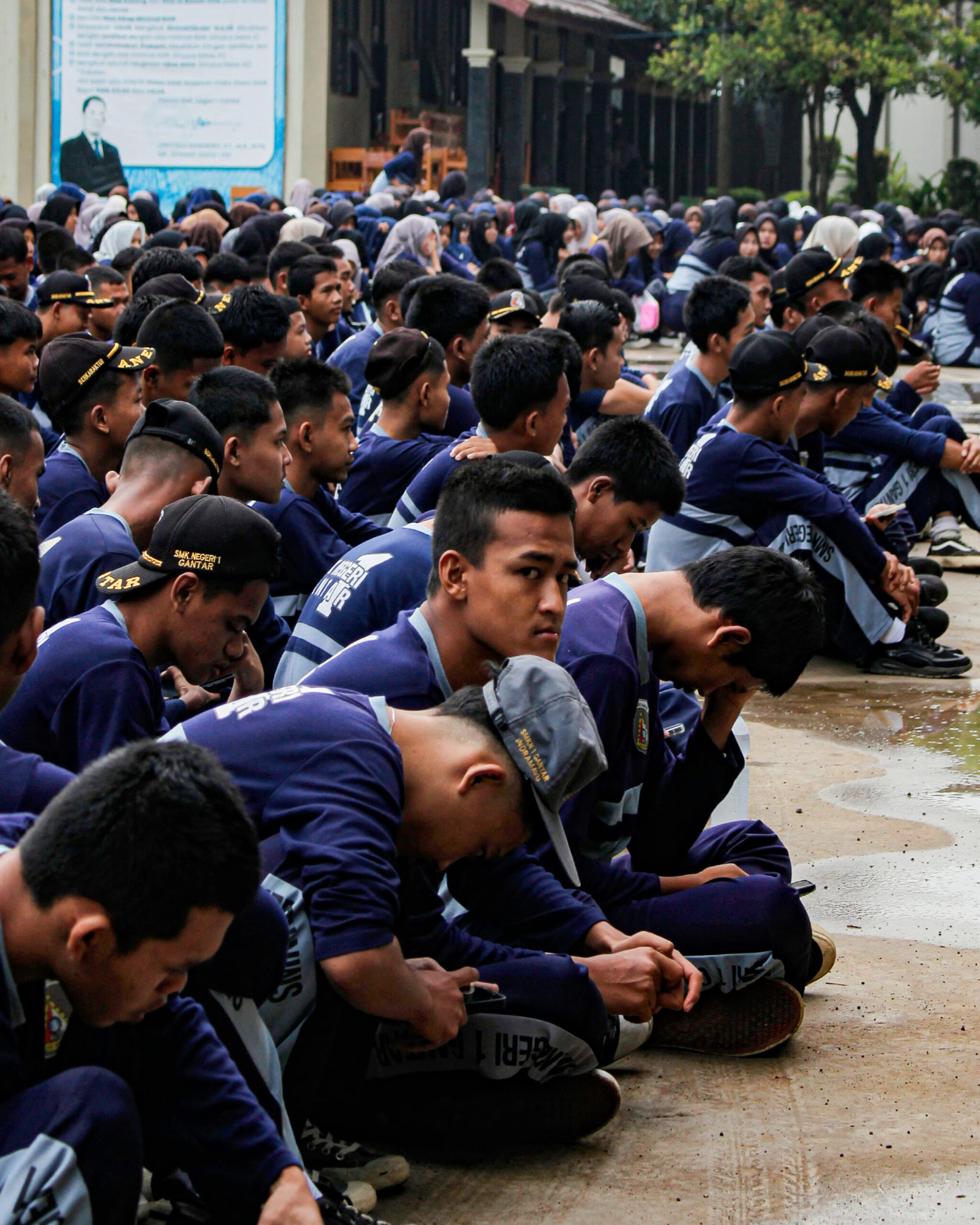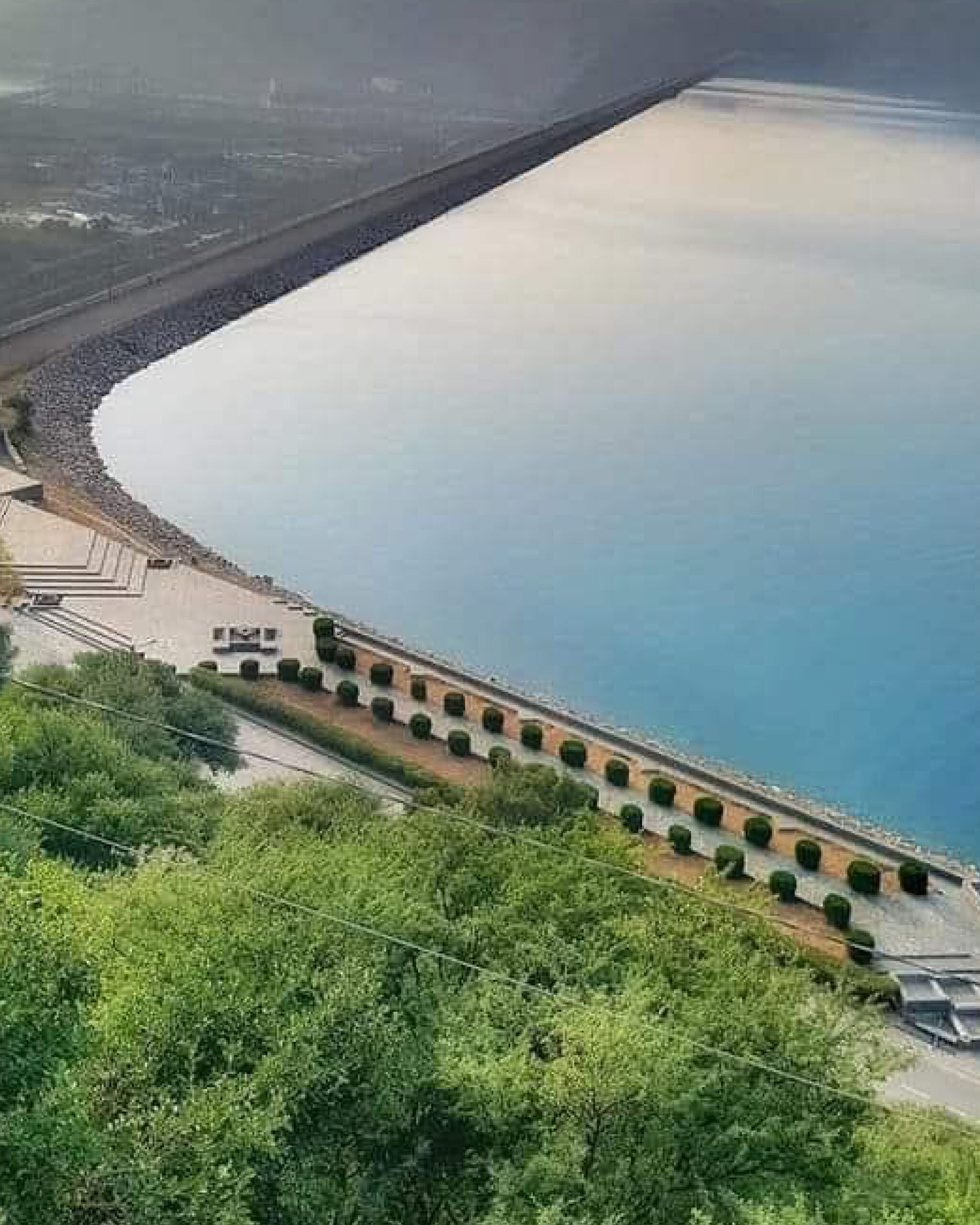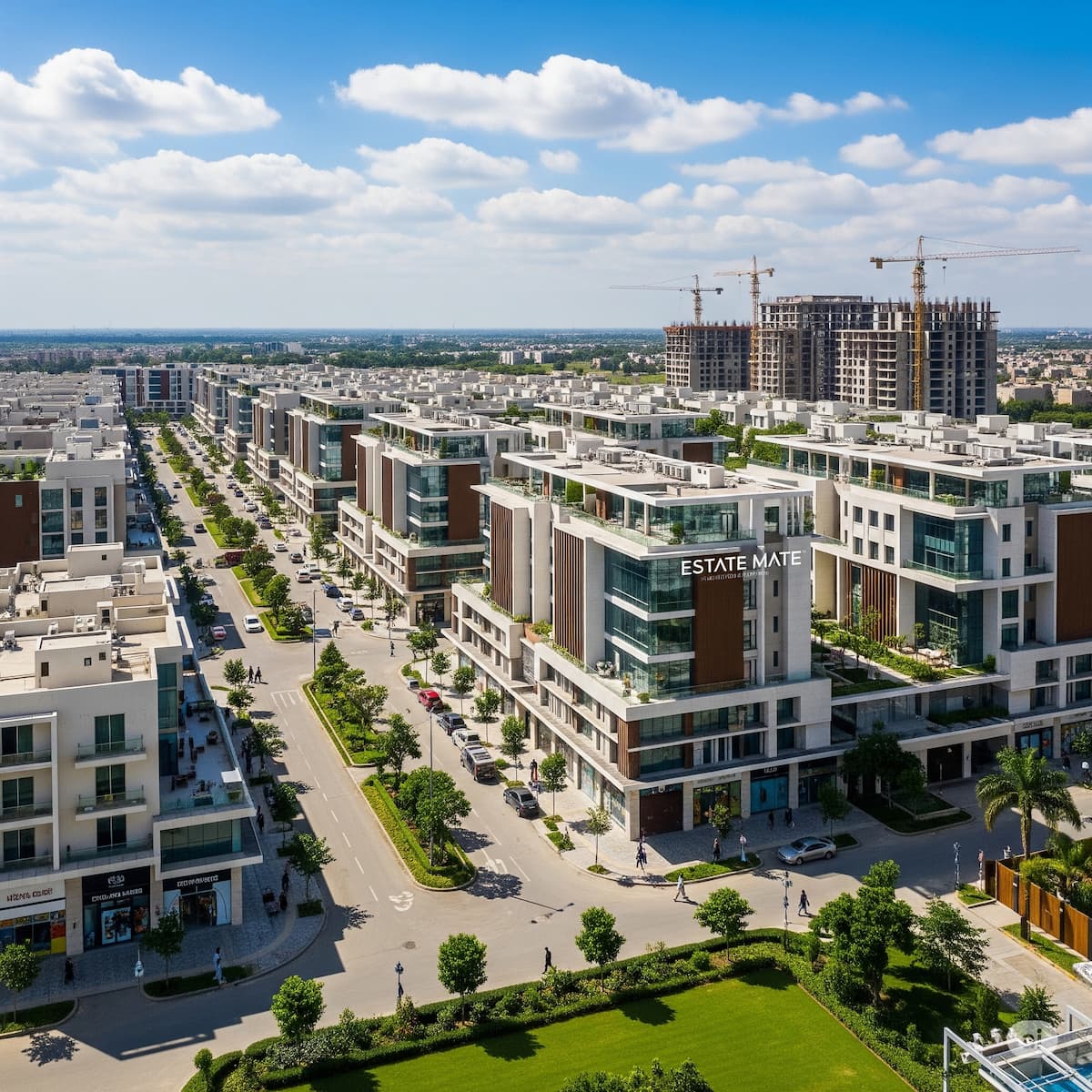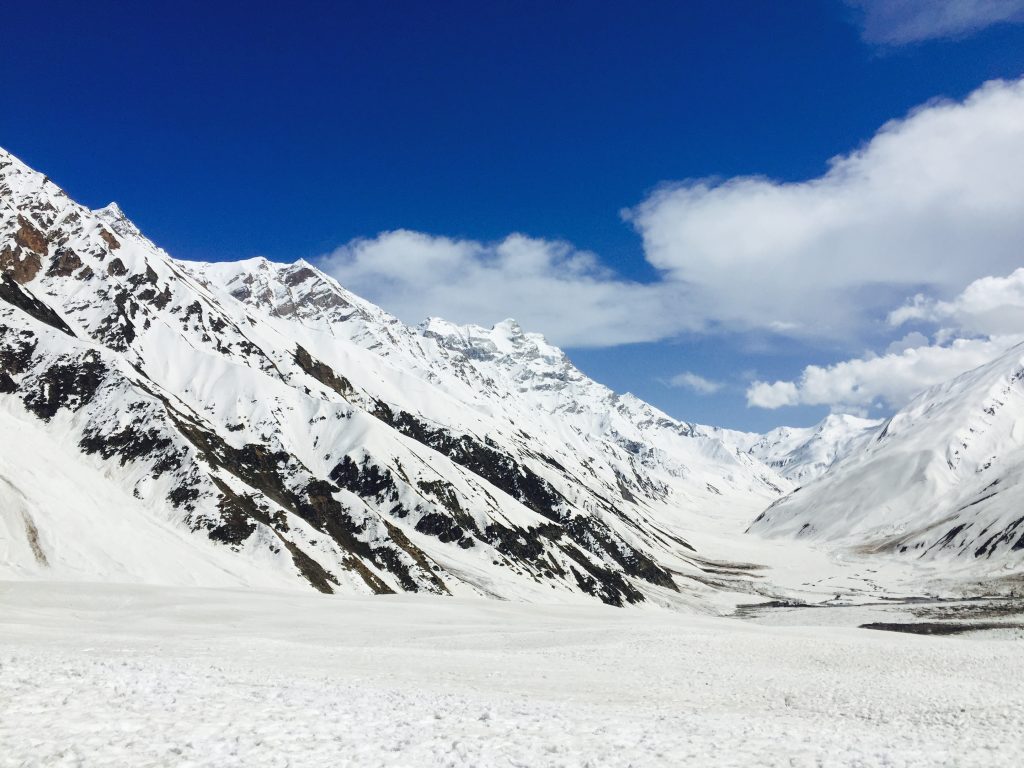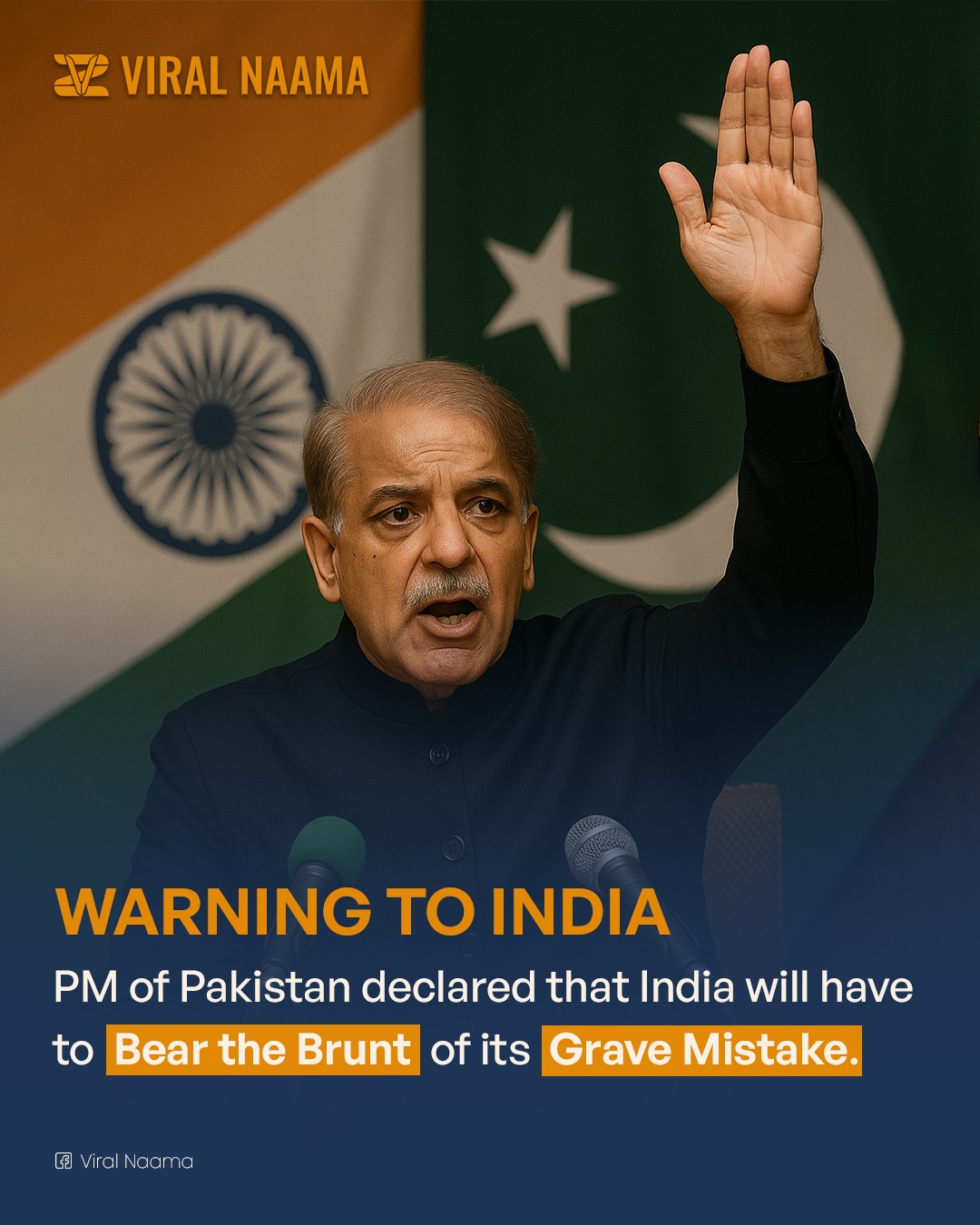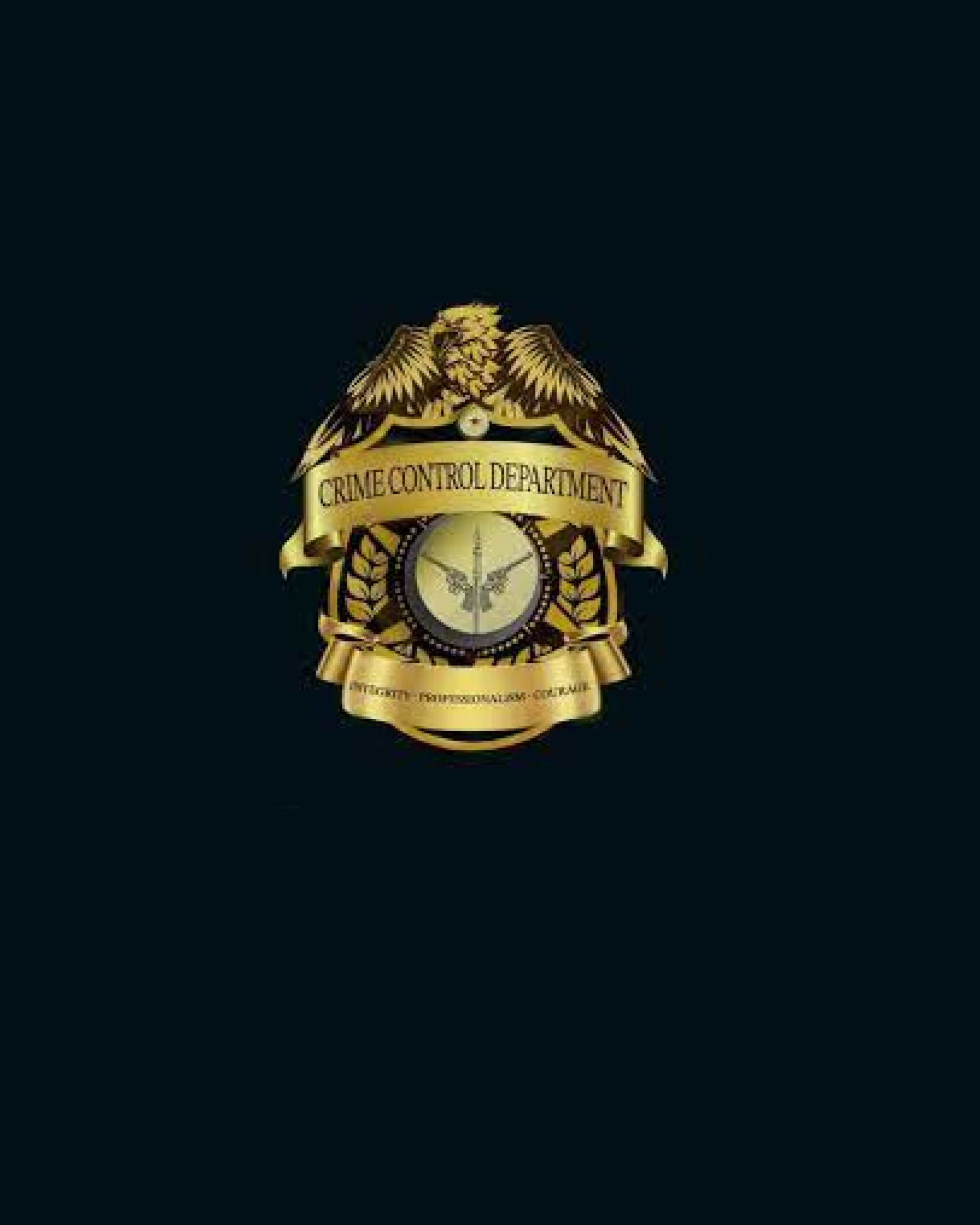
Court orders ban under Section 94 CrPC after NACCIA cybercrime report.
In a significant move reflecting Pakistan’s intensifying efforts to regulate digital content, a local court in Islamabad has ordered the blocking of 27 prominent YouTube channels. The ban was issued under Section 94 of the Criminal Procedure Code (CrPC) after the National Cyber Crime Investigation Agency (NCCIA) presented evidence of alleged anti-state activities. This article provides a comprehensive overview of the ban, the legal framework, the role of the NCCIA, and the broader implications for digital freedom and cyber regulation in Pakistan.
Key Highlights
- Number of Channels Banned: 27
- Issuing Authority: Islamabad Judicial Magistrate Abbas Shah
- Legal Provision Used: Section 94 CrPC
- Initiating Agency: National Cyber Crime Investigation Agency (NCCIA)
- Reason for Ban: Dissemination of anti-state, fake, misleading, and defamatory content
- Date of Order: July 8, 2025
Background: The Crime Control Department (CCD) & NCCIA
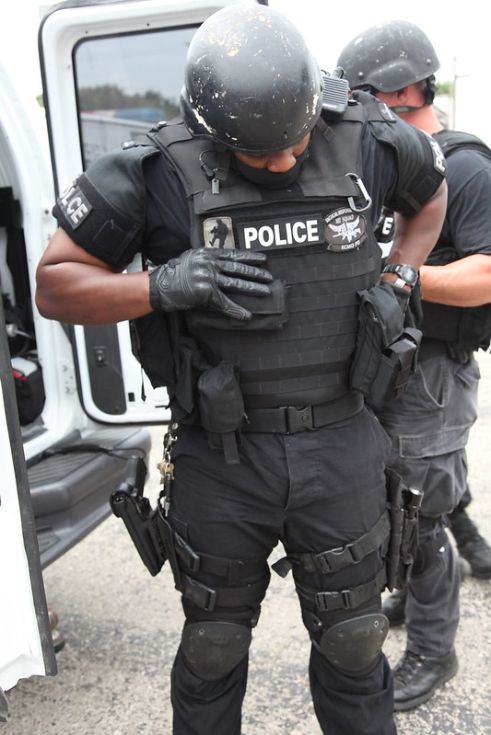
Crime Control Department (CCD)
- Established in 2025 by the Punjab government to combat organized and serious crimes.
- Functions as a specialized police wing with authority to register and investigate heinous offenses.
- Led by an Additional IG and structured with regional and district offices, including specialized units for cybercrime and digital offenses.
National Cyber Crime Investigation Agency (NCCIA)
- Federal agency dedicated to investigating digital offenses, including cybercrimes and online misinformation.
- Played a central role in gathering evidence and initiating the legal process for the YouTube ban.
Legal Basis: Section 94 CrPC
Section 94 of the Criminal Procedure Code empowers courts to issue orders for the production of documents or the removal of content deemed unlawful or dangerous to public order. In the current context, it was used to direct Google LLC (YouTube’s parent company) to block access to the specified channels based on the NCCIA’s findings.
Timeline of Events
- June 2, 2025: NCCIA launches an inquiry into complaints of anti-state content on YouTube.
- June 24, 2025: Sub-Inspector Wasim Khan of NCCIA’s Cyber Crime Circle presents evidence to the court.
- July 8, 2025: Islamabad Judicial Magistrate Abbas Shah issues a written order for the blocking of 27 YouTube channels.
- July 9, 2025: Implementation begins, with YouTube and Google notified to restrict access to the channels in Pakistan.
List of Banned YouTube Channels
| Channel Name | Notable Affiliation/Content Type |
|---|---|
| Haider Mehdi | Political commentary |
| Siddique Jaan | News & analysis |
| Sabee Kazmi | Commentary |
| Orya Maqbool Jan | Journalist, columnist |
| Arzoo Kazmi | Political commentary |
| Rana Uzair Speaks | News & views |
| Sajid Gondal | Investigative journalism |
| Habib Akram | News anchor |
| Matiullah Jan MJtv | Journalist |
| Asad Toor Uncensored | Political commentary |
| Imran Riaz Khan | Anchor, journalist |
| Naya Pakistan | Political analysis |
| Sabir Shakir | Journalist |
| Imran Khan | Former PM/PTI official channel |
| Aftab Iqbal | Satire, infotainment |
| Real Entertainment TV | General news |
| Pakistan Tehreek-e-Insaf | Political party channel |
| Daily Qudrat | News |
| Abdul Qadir | Commentary |
| Charsadda Journalist | Local news |
| Naila Pakistani Reaction | Social commentary |
| Wajahat Saeed Khan | Journalist |
| Ahmad Noorani YouTube | Investigative journalism |
| Nazar Chohan YouTube | Commentary |
| Moeed Pirzada YouTube | Journalist, analyst |
| Makhdoom Shahab ud Din | Political commentary |
| Shayan Ali YouTube | Political activism |
This list is based on court documents and media reports; actual channel names may vary slightly.
Reasons for the Ban
- Dissemination of Anti-State Content: The court found that the channels were involved in spreading material deemed anti-state, fake, misleading, and defamatory, targeting state institutions and officials.
- Potential to Cause Public Disorder: The evidence suggested that such content could incite fear, panic, unrest, and ill-will among the public and armed forces.
- Violation of Laws: Offenses cited included the Prevention of Electronic Crimes Act (PECA) and relevant sections of the Pakistan Penal Code (PPC).
Official Court Statement
“In the light of facts explained and evidence presented by the enquiry officer, this court is convinced that the subject matter constitutes offences punishable under the Prevention of Electronic Crimes Act and Penal Laws of Pakistan.”
— Judicial Magistrate Abbas Shah
Implications of the Ban
For Content Creators
- Immediate loss of access to a large Pakistani audience.
- Potential for further legal action or criminal proceedings.
For Digital Platforms
- YouTube and Google required to comply with local court orders or face restrictions in Pakistan.
- Sets a precedent for future government-ordered content removals.
For Freedom of Expression
- Raises concerns among journalists, activists, and digital rights groups about censorship and the narrowing space for dissent online.
- Highlights the growing tension between state security and digital freedoms in Pakistan.
Conclusion
The blocking of 27 YouTube channels in Pakistan under Section 94 CrPC marks a pivotal moment in the country’s approach to digital regulation and cybercrime. While authorities cite national security and the need to curb misinformation, the move has sparked debate over censorship and digital rights. As Pakistan continues to develop its cybercrime and law enforcement infrastructure, the balance between security and freedom of expression remains under scrutiny


